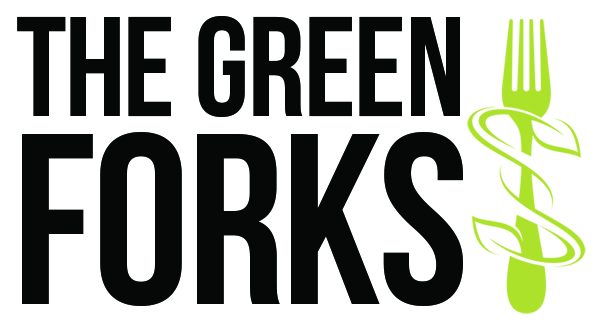The abundance of protein our body needs is usually found in meat, poultry, fish and dairy-products like milk, yogurt and cheese. There is no doubt it’s pretty convenient for non-vegans to acquire complete protein.
People nowadays are more health-conscious than ever. And some have actually adopted to a more implicit lifestyle which is veganism. With a diet solely focused on plant-based foods, do vegans get enough protein from plants?
Protein is a vital health nutrient and that is why we need to be keen with our protein intake. It serves as the building blocks of body tissue and can also serve as a fuel source of energy. For vegans, a well-planned diet is necessary to get complete protein.
Contrary to the popular belief, there are actually lots of plant-based foods that are sufficient in protein. The best plant-based protein sources for vegans are green peas, quinoa, chickpeas, soy beans, lentils, hemp seeds, chia seeds, and oats, to name a few. All of which can be easily added to any vegan diets. It is worth mentioning that some of these foods usually lack one or two of the nine essential amino acids that our body cannot produce naturally. The same reason why a nutritionally-tailored plant-based diet is a must to fill in the gap to acquire complete protein. And vice versa, because quinoa, seeds, and soy beans are considered as complete proteins.
Other than these protein powerhouses, plant-based protein powders are also a thing. There’s pea protein powders, hemp protein powders, and soy protein powders. These three are the top options of many. Most vegans are into protein shakes and smoothies, plus the added nutrients from other food sources they incorporate it with. Needless to say, they still be able to fulfill their complete protein needs.
Protein is as important as any other nutrients our body needs. If you’re quite unsure of your existing diet, there’s never a bad time to research about plant-based diets, or any diets for that matter. As long as it’s fulfilling your nutritional needs as a whole.


